Tempo Australia requested lifting of a suspension in trading on Australia’s primary securities exchange on Friday. The Perth-based contractor made the move after its client Enel Green Power, a subsidiary of Italy’s energy giant, indicated willingness to make changes to the contract at the 34 MW Cohuna Solar Farm.
The contractor asked for the suspension of shares in April due to concerns about cost overruns on the Cohuna project. The value of the engineering and construction works for Tempo was $15.3 million over a 12-month construction period commencing on March 1.
While there is still no binding deal, Tempo was satisfied enough with the progress in the negotiations with Enel to ask for the share trading to resume. The two parties have agreed in principle to convert the contracting model to a target cost estimate model in order to remove the potential for unresolved claims to blow out costs.
“The board believes that these changes to the management of the contract is an acceptable and good outcome for all of the parties,” Tempo said in a statement. “The changes mean that if the agreed target cost is achieved, the company will maintain its initial profit from the contract. However, should the target cost be exceeded then Tempo’s profit margin will be at risk.”
The company explained that under the current contract there is a significant risk of cost overruns, including claims for delays and variations to the work. “The board determined that if the risk was realised this would place the company in an untenable position,” Tempo said.
Only days away from the trading suspension, the contractor announced the departure of its CEO and CFO and brought in former RCR Tomlinson managing director Paul Dalgleish as an adviser. RCR was one of Australia’s leading EPC contractors before it collapsed last year after running into troubles with its solar business.
The Cohuna Solar Farm is one of the three solar projects awarded through a renewable energy reverse auction launched by Victoria in November 2017. Enel was awarded a 15-year support agreement from the state government for the generation of energy and green certificates.
The project will feature around 87,000 highly efficient bifacial modules mounted on single-axis trackers and be connected to the local distribution grid through the Cohuna Zone Substation. The developer says it is investing around US$42 million (AU$59 million) in the construction of the facility, which is expected to start operations by the end of 2019, generating up to 77 GWh per year once fully up and running. The project is being co-developed with local developer Leeson Group.
This content is protected by copyright and may not be reused. If you want to cooperate with us and would like to reuse some of our content, please contact: editors@pv-magazine.com.
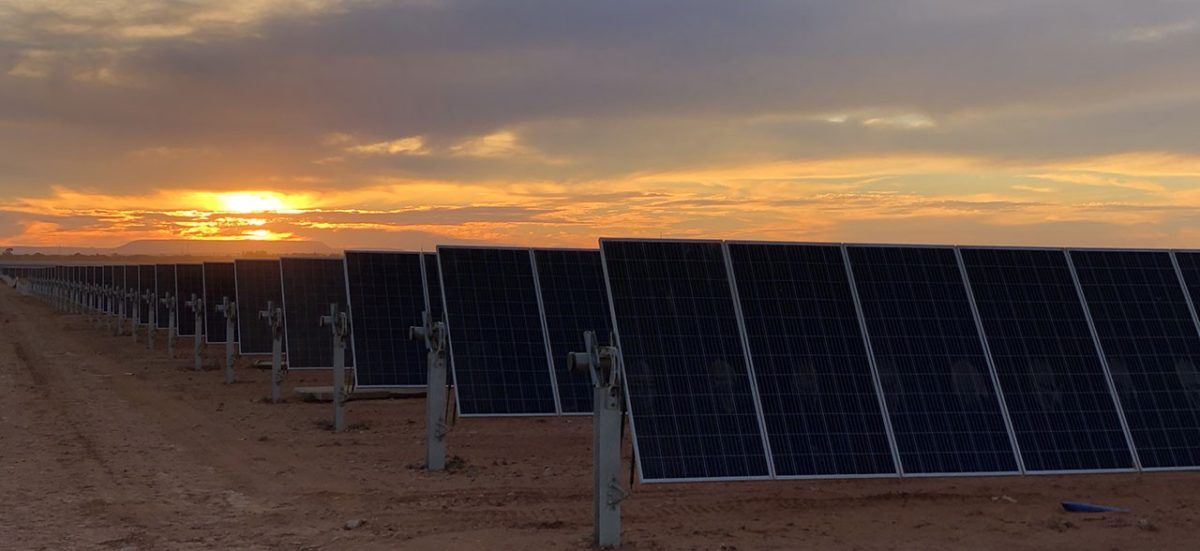


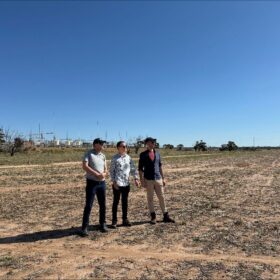
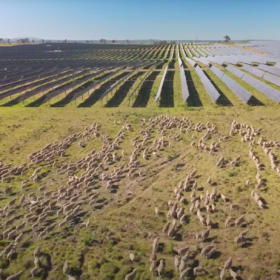
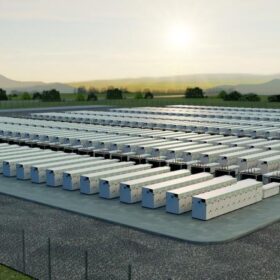
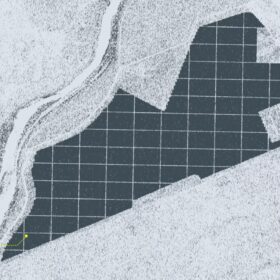
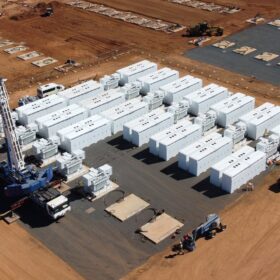
1 comment
By submitting this form you agree to pv magazine using your data for the purposes of publishing your comment.
Your personal data will only be disclosed or otherwise transmitted to third parties for the purposes of spam filtering or if this is necessary for technical maintenance of the website. Any other transfer to third parties will not take place unless this is justified on the basis of applicable data protection regulations or if pv magazine is legally obliged to do so.
You may revoke this consent at any time with effect for the future, in which case your personal data will be deleted immediately. Otherwise, your data will be deleted if pv magazine has processed your request or the purpose of data storage is fulfilled.
Further information on data privacy can be found in our Data Protection Policy.